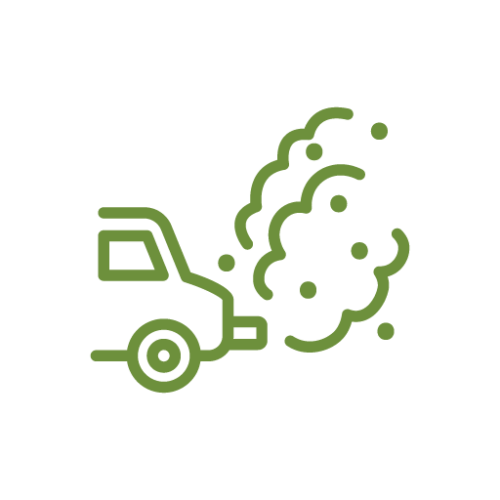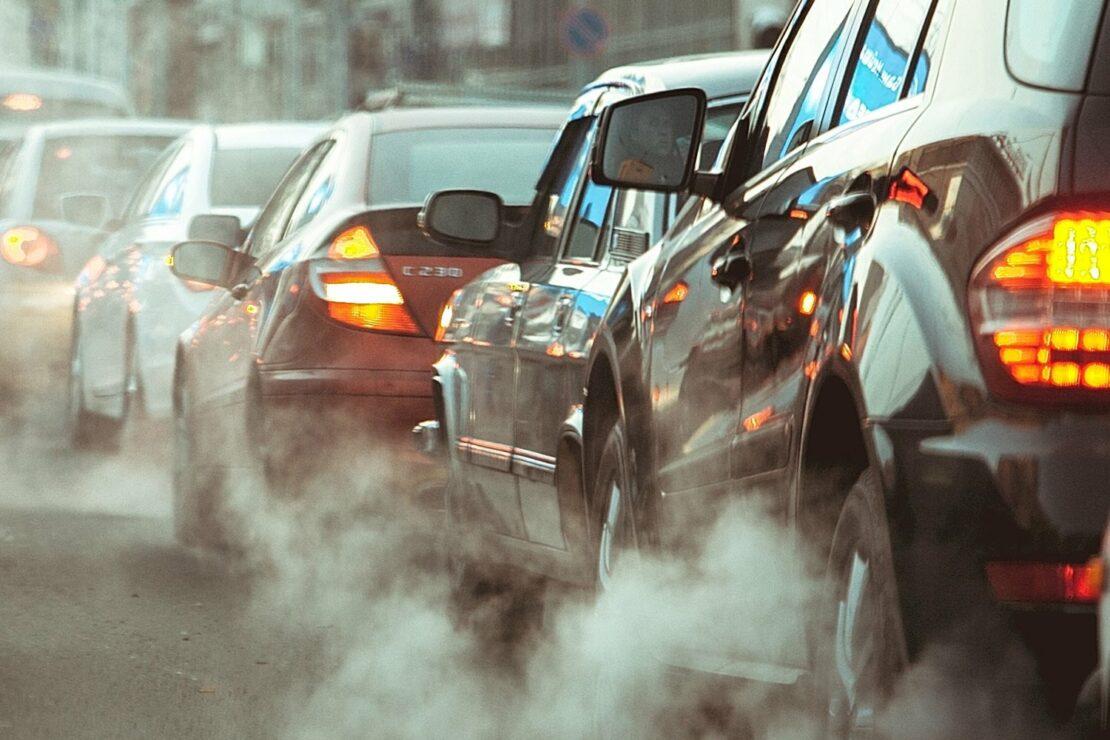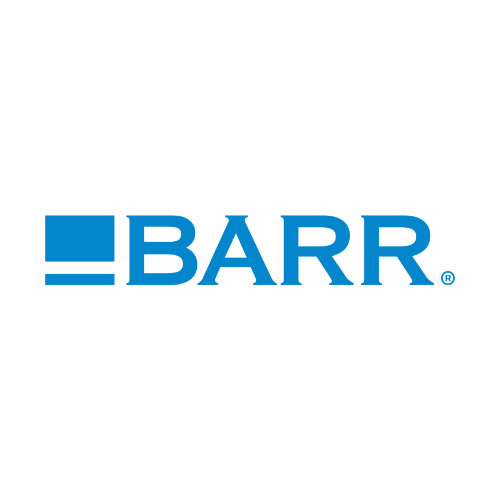Clean Air Minnesota
Clean Air Minnesota is a coalition of air quality leaders convened by Environmental Initiative who are working voluntarily and proactively to reduce fine particulate matter (soot) and ground-level ozone (smog).
Together, we:
- Identify and prioritize strategies to reduce air pollution.
- Develop, fund, and implement projects to improve air quality.
- Track emissions reductions achieved and share outcomes with the wider community.
According to the Minnesota Pollution Control Agency, the majority of the air pollutants of concern today come from smaller, widespread sources that are not regulated in the way power plants and factories are. These sources include cars, trucks, construction equipment, small businesses, and residential wood burning.
These sources contribute nearly 75% of air pollution emissions in the state.
Recent accomplishments
Between July 1, 2021 – December 31, 2023, Environmental Initiative and our partners have achieved the following emissions reductions:

81 tons
of Volatile Organic Compounds (VOCs)

23 tons
of Nitrogen Oxides (NOx)

1.6 tons
of Fine Particulate Matter (PM 2.5)
Clean Air Minnesota News
Our quarterly newsletter highlights active projects, success stories, ways to get involved, events to attend, and news about Minnesota’s air quality.
Our Leadership
Clean Air Minnesota is co-chaired by the American Lung Association in Minnesota and the Minnesota Chamber of Commerce. The individuals listed below serve in an advisory capacity to Environmental Initiative staff for the partnership.
- Jon Hunter, American Lung Association – Co-chair
- Tony Kwilas, Minnesota Chamber of Commerce – Co-chair
- Paul Aasen, Minnesota Safety Council
- David Benke, Minnesota Pollution Control Agency
- Jessie Carr, Minnesota Department of Health
- Dan Donkers, Ramsey County
- Tyler Ellis, Minnesota Pollution Control Agency
- Patrick Hanlon, City of Minneapolis
- Mike Hansel, Barr Engineering
- Kartumu King, Environmental Justice Coordinating Council Fellow
- Jennifer Koenen, Barr Engineering
- Frank Kohlasch, Minnesota Pollution Control Agency
- Jenni Lansing, City of Minneapolis Health Department
- Scott Lindemann, Flint Hills Resources
- Chris Nelson, 3M
- Rick Patraw, Minnesota Pollution Control Agency
- Scott Strand, Environmental Law & Policy Center
- Hillary Thomas, Environmental Justice Coordinating Council Fellow
- Brian Timerson, Minnesota Pollution Control Agency

Project Teams
Project teams meet regularly to coordinate, collaborate, and develop specific projects to reduce emissions from Minnesota’s smaller, widespread, and less regulated sources of air pollution. Current project teams include:
- Area sources.
- Grants & funding opportunities.
- Mobile sources.
- Outreach & engagement.
- Tree canopy & urban heat island.
- Wood smoke.
Contact Eben Kowler if you are interested in learning more or joining a project team.
Project Contacts
Our team brings collaboration, communication, convening, project development, and project management strengths to the Clean Air Minnesota partnership.
Contact us to discuss our model and program development opportunities.

Eben Kowler
Partnership Manager he/him Email Eben Kowler Office: 612-334-3388 ext. 8119 Cell: 612-851-6940
Bill Droessler
Senior Partnership Director he/him Email Bill Office: 612-334-3388 ext. 8105 Cell: 612-425-4932Clean Air Blogs
Clean Air Minnesota earns spot as finalist for Harvard’s Roy Family Award
Clean Air Minnesota is a finalist for the 2024 Roy Family Award for Environmental Partnership from Harvard University's Belfer Center for Science and International Affairs. This recognition highlights our collaboration to reduce air pollution and enhance environmental quality through innovative, voluntary efforts.
Minnesota program that fixes old cars for free announces expansion into the East Metro
Environmental Initiative is expanding Project Clean Air Repair (Project CAR) to the East Metro through a new partnership with Turbo Tim's. Low to no cost emission system repairs are now available in eight auto repair shops ahead of summer driving, air quality seasons.
Breaking down Minnesota’s cumulative impacts law
Learn more about Minnesota's cumulative impacts law, why it matters, the Minnesota Pollution Control Agency's rulemaking process, and what is still being decided.









